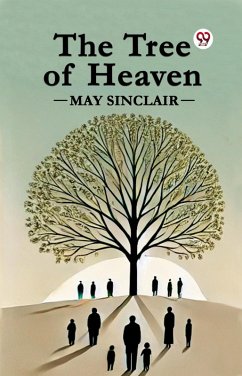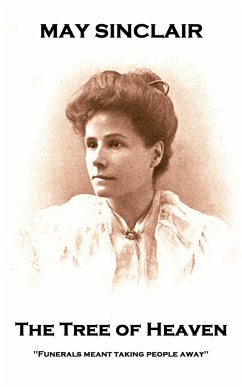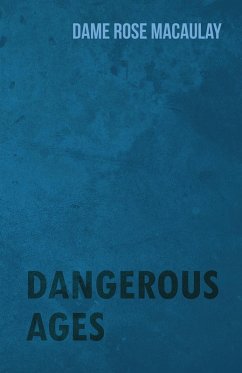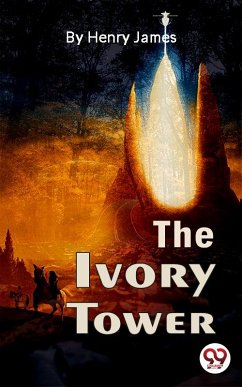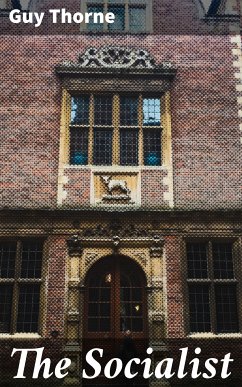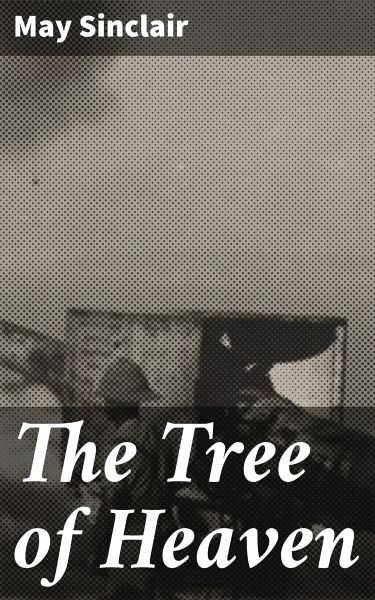
The Tree of Heaven (eBook, ePUB)
Exploring Gender, Class, and Society Through Complex Characters and Subtle Symbolism
Versandkostenfrei!
Sofort per Download lieferbar
0,49 €
inkl. MwSt.
Weitere Ausgaben:

PAYBACK Punkte
0 °P sammeln!
In May Sinclair's evocative novel, "The Tree of Heaven," readers are immersed in the intricate tapestry of early 20th-century life in England. Sinclair employs a naturalistic literary style, rich in psychological insight and vivid imagery, to explore the inner lives of a diverse cast of characters across the social spectrum. The narrative deftly weaves themes of love, aspiration, and the relentless passage of time against a backdrop of shifting societal values, reflecting the author's keen awareness of the complexities of human emotion and relationships. As a precursor to modernist literature,...
In May Sinclair's evocative novel, "The Tree of Heaven," readers are immersed in the intricate tapestry of early 20th-century life in England. Sinclair employs a naturalistic literary style, rich in psychological insight and vivid imagery, to explore the inner lives of a diverse cast of characters across the social spectrum. The narrative deftly weaves themes of love, aspiration, and the relentless passage of time against a backdrop of shifting societal values, reflecting the author's keen awareness of the complexities of human emotion and relationships. As a precursor to modernist literature, Sinclair's work stands as a poignant examination of individual struggles within the broader context of societal change. May Sinclair, a trailblazer in women's literature and a member of the suffragette movement, drew upon her own experiences to craft deeply relatable characters. Her progressive views on gender and identity informed her writing, and Sinclair utilized her literary prowess to challenge contemporary norms. The author's firsthand encounters with adversity, combined with her rich intellectual background, enabled her to portray the multifaceted nature of her characters with authenticity and depth. "The Tree of Heaven" is an essential read for anyone interested in the evolution of literary expression and the exploration of human connection. Sinclair's penetrating observations and lyrical narrative invite readers to reflect on their own lives, making this novel not only a significant historical artifact but also a timeless exploration of the human experience.
Dieser Download kann aus rechtlichen Gründen nur mit Rechnungsadresse in A, B, BG, CY, CZ, D, DK, EW, FIN, F, GR, H, IRL, I, LT, L, LR, M, NL, PL, P, R, S, SLO, SK ausgeliefert werden.





